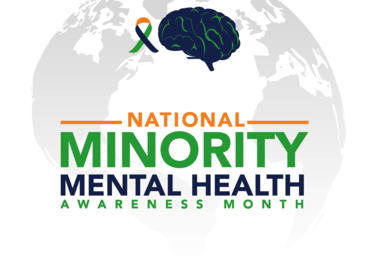Child Welfare Services

Child Welfare Services (CWS) assists families by providing services when health and safety issues occur. CWS is dedicated to helping families achieve safety and stability, making sure children are
protected from abusive and potentially harmful situations, and ensuring families in our system receive
the services they need.
Services provided by CWS include but are not limited to:
- Emergency Response
- Family Maintenance
- Family Reunification
- Resource Family Approval
- Family Connections
- Supportive Transition to Adulthood (non-minor dependent)
- Independent Living Program (ILP)
- Planned Permanent Living Arrangement (PPLA)
- Adoption
Do you have any physical, mental, or emotional conditions that make it hard for you to apply for benefits or meet program requirements? We can give extra help. We call this type of help a reasonable accommodation. The law protects people with physical, mental, and developmental disabilities as well as others with serious health problems (42 U.S.C. § 12132). For more information, contact your worker. You can reach the Civil Rights Coordinator at TCCivilRights@tularecounty.ca.gov or (559) 624-8078 as well as visit https://tchhsa.org/eng/human-services/civil-rights1/.
-

- Child Welfare Services Family Advocate
-
The Child Welfare Services (CWS) Family Advocate provides assistance to families involved in the CWS system. This may include birth parents, children, relatives, and resource families.
-

- Foster Youth Resources
-
As a child or youth in foster care, you may experience many challenges; here are some resources to help you tackle them.
-

- Presumptive Transfers
-
A “presumptive transfer” establishes a prompt transfer of responsibility for arranging specialty mental health services from the county of original jurisdiction to the county in which a foster child resides.
-

- Important Information for Relatives
-
Click here for important questions and answers for relatives.
-

- Specialized Care Increment (SCI) Policy
-
This document contains information relating to the Specialized Care Increment (SCI) Policy including eligibility and the process for assessing the appropriateness of granting Specialized Foster Care Rates for a child or Non-Minor Dependent (NMD) placed in a Resource Family Home.



